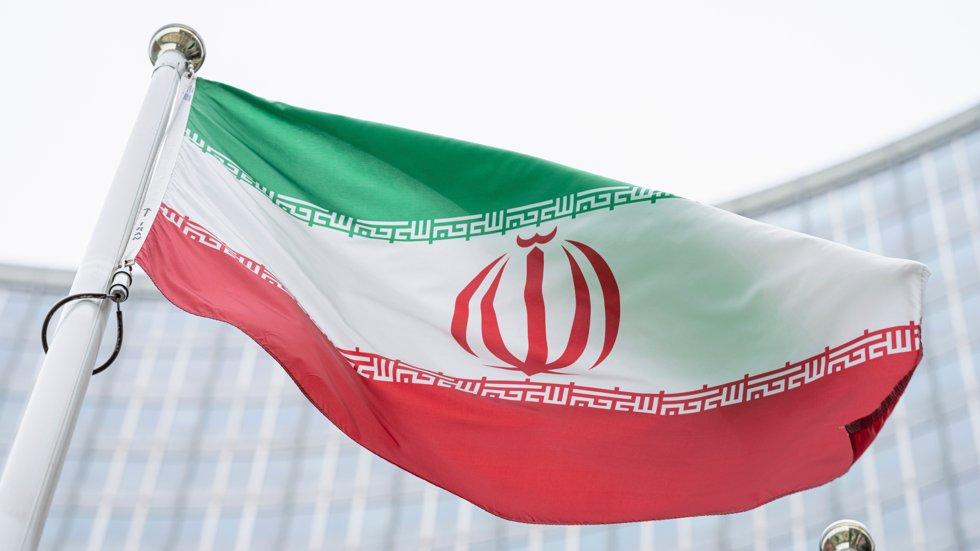Negotiations began in late November, five months after Ebrahim Raisi took over as Iran’s president. He belongs to the ultra-conservative wing of Iran’s clerical regime and is believed to be more skeptical of the nuclear deal than his predecessors.
According to EU diplomat Enrique Mora, who chaired the talks, all sides showed a clear desire to work on a solution.
– This is a very good sign. “We will work seriously in the next few days and weeks,” said Mora as the eighth round of negotiations began in Vienna on Monday.
– It will be very difficult, it will be very difficult. Tough political decisions have to be made in Tehran and Washington, he continued.
Will sell Iranian oil
Ahead of the talks, Iranian Foreign Minister Hossein Amir-Abdollahian said that talks should be about Iran’s desire for assurances that US sanctions would be lifted.
– The most important thing for us is to get to a point where we can get confirmation that it will be easy to sell Iranian oil without a hitch, that the money for this oil will be transferred in foreign currency to Iranian bank accounts, and that we will be able to profit from all income, he said according to the IRNA news agency.
The United States participates indirectly
In addition to the European Union and Iran, delegates from Britain, China, France, Germany and Russia participated in the negotiations. The United States participated indirectly, but did not have direct meetings with Iranian representatives.
Iran’s nuclear chief Mohammad Eslami said it was inappropriate for Iran to enrich uranium at a level that would allow it to be used to make nuclear weapons, even if negotiations fail. The United States, on the other hand, has begun preparing for tougher sanctions to isolate Iran if this round of negotiations fails.
Downsizing
The most demanding question in this round is about what streamlining actions Iran and the United States should take to approach the original agreement, and in what order these should be implemented.
The nuclear deal was negotiated in 2015 and lasted until the US withdrew in 2018. After this, the US has imposed tough economic sanctions on Iran while Iran has moved further and further away from the agreement on uranium enrichment and storage.
The nuclear deal was to provide assurances to the outside world that Iran would not use its nuclear program to develop nuclear weapons, at the same time as international sanctions against the country were lifted.

“Problem solver. Proud twitter specialist. Travel aficionado. Introvert. Coffee trailblazer. Professional zombie ninja. Extreme gamer.”






